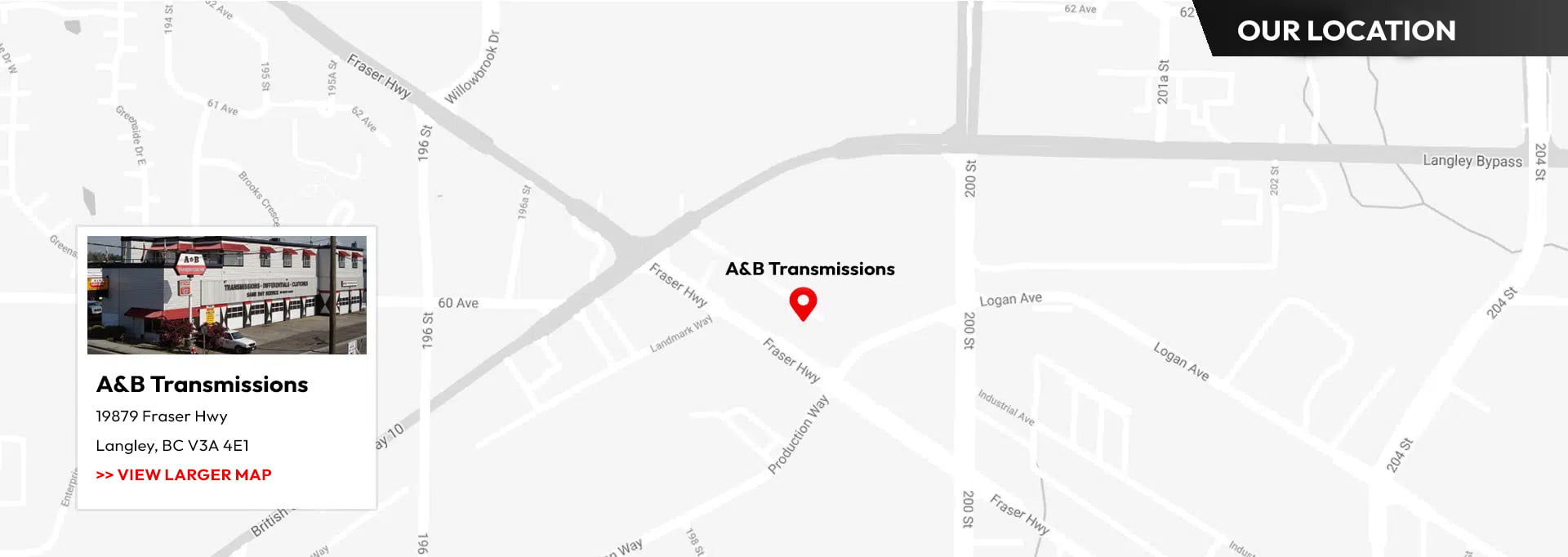So when should you replace that battery?
Most batteries should typically be replaced every 5 years; we test every car that comes in and have found that this time frame is usually the best. Even though there may not be any signs of failure at that age as you are cranking it over, the battery is working just that little bit harder to maintain its cranking output (measured as CCA, or Cold Cranking Amps). This in turn is making the alternator work just a little bit harder to bring that battery back, which creates more tension and drag on the belt, and so on and so forth. This goes down the line, replacement within the proper time frame is more about long term preventative maintenance than anything, well it also saves you from being stuck in the parking lot, of course.
Cars are More Complex Today

It’s an obvious statement that cars of today have become more complex than ever before. An example of this is the fact that a 1948 Chevy coupe had 138 feet of wire weighing 9.5 pounds while a 2003 Chevy Suburban has 5,042 feet of wire weighing 53 pounds. Cars today are even more complex than that, with telematics (OnStar, GPS, etc.) and other electrical modules intertwining various electronically controlled accessories together. Yet, after all these years, the battery itself is largely unchanged. That’s why it’s more important than ever to make sure it is in the best shape it can be to operate all these accessories and safety devices.
Heat Degrades A Batteries Performance
Does anyone remember the old commercials of a car in a parking lot trying to crank over, but couldn’t? Meanwhile the car next to it buried in snow starts up without a hesitation. We’ve learned a lot about batteries since then. For instance, cold weather is not actually the culprit, its hot weather. Heat degrades the battery’s performance, while overheating can damage the battery considerably. A sudden change to cold weather can definitely affect the performance, but it was hot weather that made it that way in the first place.


